We answer the big question: are probiotics for kids and babies necessary? We also offer some easy tips on how to choose the right supplement for your infant or child in this ultimate guide to probiotics for families.
At this point, you may be aware that our guts naturally contain both good and bad bacteria and these bacteria are often known as probiotics. The World Health Organization defines probiotics as “live microorganisms which when administered in adequate amounts confer a health benefit on the host.” While these bacteria occur naturally in a wide range of food, we also can find them in supplemental form to help increase the good bacteria in our bodies by balancing or restoring a healthy gut microbiota.
Strains of Probiotics
The supplemental probiotics we find in drug stores often contain a variety of microorganisms. The most common strains of bacteria used in probiotic supplements are Bifidobacteria and Lactobacillus and many probiotics also contain yeast such as Saccharomyces. Some of the probiotic supplements available in stores are single-strains and others are mixed-strains but for general health, research suggests that mixed-strains are more effective.
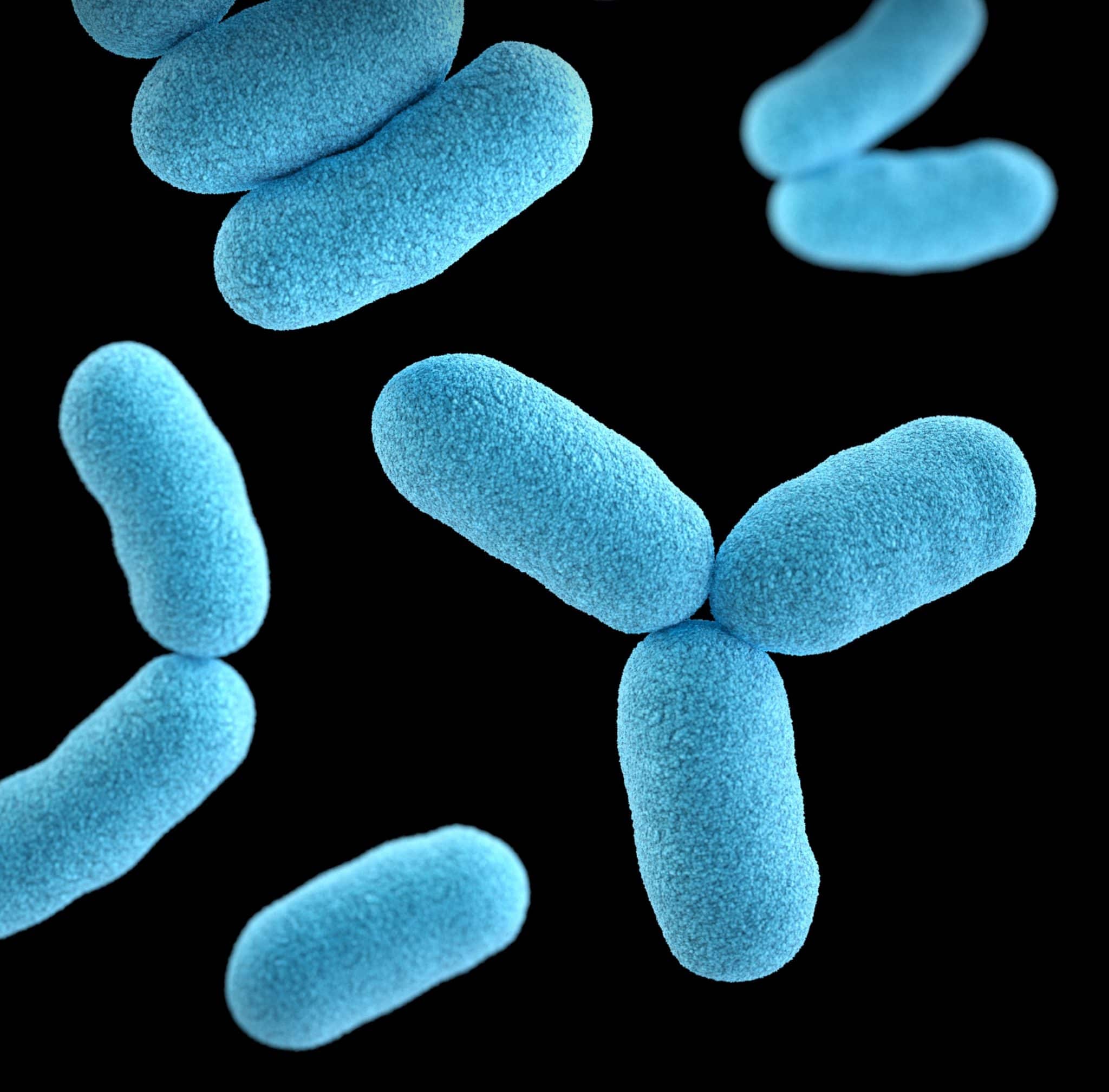
Are Probiotics for Kids and Babies Healthy and Helpful?
A lot of parents are on the lookout for ways to improve the gut health of their babies and children, especially if it means better sleep or less discomfort. Let’s take a look at what the evidence has to say on using probiotics in children and infants for specific conditions.
Colic
A systematic review and meta-analysis published in 2013 looked at whether probiotics could be a solution for infant colic symptoms in infants 3 months or younger. Infant crying was measured as the duration or number of episodes of infant crying and distress. The review found that the strain Lactobacillus reuteri may be effective as a treatment for crying in exclusively breastfed infants with colic. After 21 days of L reuteri supplementation, daily crying time was reduced by 65 minutes per day compared to the placebo group. However, the review study did call for more research to be done to support probiotic use to manage colic, especially in formula-fed infants, or to prevent infant colic.
Example: BioGaia Baby Drops CFU/Dose: 100M/5 drops, Dose: 5 drops (L. reuteri) – approved by Health Canada for listed indication.
Eczema
A systematic review and meta-analysis published in 2015 looked at the prevention of allergic diseases, specifically eczema, asthma and rhinoconjunctivitis, in infants and found that probiotic supplementation may help prevent eczema in babies and infants. The study did not find supporting evidence that probiotics prevented asthma or rhinoconjunctivitis. All but one of the studies analyzed started probiotic supplementation during pregnancy. The one study that administered probiotics to infants of mothers with allergies did so within 48 hours of delivery. The study found that infants in the probiotic group developed fewer cases of eczema compared to those in the control group. Further analysis showed that there was a greater significant effect of probiotics that contained mixtures of Lactobacilli and Bifidobacteria, compared to single strain probiotics, for the prevention of eczema.
A more recent RTC (randomized control trial) study published in 2019 looked at the effect of a probiotic mixture of Lactobacillus rhamnosus and Bifidobacterium lactis administered in late infancy and early childhood on the development of allergic diseases. The study found a significantly lower incidence of eczema in the probiotic group compared to the placebo group.
Example: MetaKids Baby Probiotic CFU/Dose: 1B/6 drops, Dose: 6 drops (L. rhamnosus and B. lactis)

Antibiotic-Associated Diarrhea (AAD)
A systematic review published in 2015 looked at probiotics for the prevention of pediatric antibiotic-associated diarrhea. Antibiotics are frequently prescribed to children for pneumonia, whooping cough, urinary tract infection or strep throat. Antibiotics can alter the microbial balance within the gastrointestinal tract and result in AAD. The review found that among the various probiotics evaluated, Lactobacillus rhamnosus or Saccharomyces boulardii at 5 to 40 billion colony forming units/day may be appropriate for preventing AAD in children receiving antibiotics.
Examples: Culturelle Kids Daily CFU/Dose: 5B/tablets, Dose: 2-4 tablets (L. rhamnosus) – approved by Health Canada for listed indication.
FlorastorKids CFU/Dose: 5B/capsule, Dose: 1-2 capsules (S. boulardii) – approved by Health Canada for listed indication.
Acute Infectious Diarrhea (AID)
A systematic review published in 2010 looked at probiotics for treating acute infectious diarrhea and found that probiotics administered in addition to rehydration therapy resulted in clear reductions in the duration and severity of diarrhea, and were not associated with adverse effects. Interestingly, this review found that studies tested many different probiotics in many different settings, yet, nearly all reported improved diarrhea outcomes for children, although the size of the effect varied considerably between studies. The two most effective probiotics strains in the systematic review that were found to statistically significantly reduce the mean duration of diarrhea were Lactobacillus rhamnosus and Saccharomyces boulardii. There has also been a small Randomized Control Trial published in 2014 that used L. Reuteri bacteria. The study (with 60 children) found that the duration of diarrhea was significantly reduced in the L. reuteri group compared to the control group.
Examples: Culturelle Kids Daily CFU/Dose: 5B/tablets, Dose: 2-4 tablets (L. rhamnosus) – approved by Health Canada for listed indication
FlorastorKids CFU/Dose: 5B/capsule, Dose: 1-2 capsules (S. boulardii)

Irritable Bowel Syndrome (IBS)
A systematic review published in 2015 looked at nonpharmacologic treatments, such as probiotics, available for paediatric abdominal pain-related functional gastrointestinal disorders, including IBS. The study found that compared with the placebo, Lactobacillus rhamnosus and VSL#3 were effective in treating children’s symptoms of IBS. VSL#3 is a probiotic mixture of 8 different strains of Bifidobacterium, Lactobacillus and Streptococcus.
There have also been studies on probiotics with Lactobacillus reuteri for treating IBS in children, however, the results are inconclusive. Another systematic review looking at the effectiveness of probiotics in children with IBS found that the evidence supports L. rhamnosus for reducing the frequency and intensity of abdominal pain in children with IBS and that there is no evidence to recommend L. reuteri.
Examples: Culturelle Kids Daily CFU/Dose: 5B/tablets, Dose: 2-4 tablets (L. rhamnosus)
Visbiome CFU: 450B/sachet, Dose: 1-2 sachets (VSL#3) – approved by Health Canada for listed indication
Constipation
While the research on constipation is limited, one Randomized Control Trial published in 2010 found that Lactobacillus reuteri had a positive effect on increasing bowel frequency in infants with chronic constipation. However, improvement in stool consistency was not found.
Example: BioGaia Baby Drops CFU/Dose: 100M/5 drops, Dose: 5 drops (L. reuteri) – approved by Health Canada for listed indication
Regurgitation
A systematic review published in 2014 looked at the efficacy of Lactobacillus reuteri in infants and children. The study included a RCT that found L. reuteri to significantly reduce the number of regurgitation episodes per day compared to the placebo group.
Example: BioGaia Baby Drops CFU/Dose: 100M/5 drops, Dose: 5 drops (L. reuteri) – approved by Health Canada for listed indication
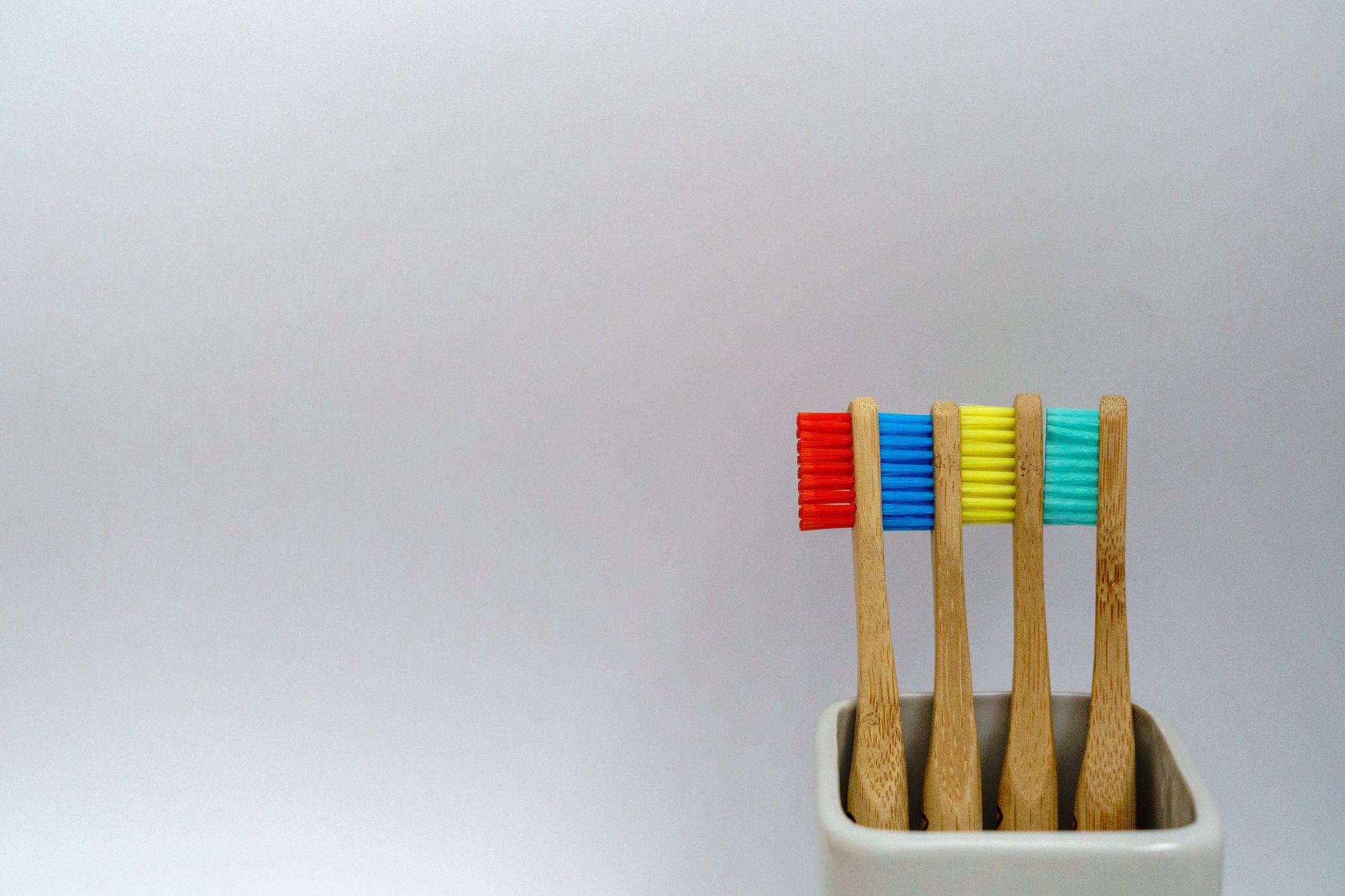
Dental/Oral Health
A systematic review and meta-analysis published in 2016 looked at probiotics for managing dental caries, gingivitis and periodontitis in children. The review concluded that there is not enough evidence to support the use of probiotics to manage dental health. Another study supported this statement, concluding that more research is needed to confirm which probiotic strains are the most effective preventative measures for managing dental health.
Example: BioGaia ProDentis (formerly distributed as GUM PerioBalance) CFU/Dose: 200 M/ lozenge, Dose: 1 lozenge (L. reuteri)- approved by Health Canada for listed indication
Probiotics for Very-Low-Birth-Weight (VLBW) Infants
Many studies have also looked into probiotic use specifically for very low birth weight infants and some of the unique challenges that they may face.

Necrotizing Enterocolitis (NEC)
NEC is the inflammation of a premature baby’s intestine in response to bacteria invasion. The inflammatory response damages the tissue in the intestine, which can lead to a hole in the intestinal wall and leakage of stool into the infant’s abdomen. NEC is a devastating disease and can result in infection and death.
A meta-analysis and systematic review published in 2017 found that probiotics lead to significant reductions in necrotizing enterocolitis incidence and mortality in VLBW infants. The analysis found that the most effective strains are those containing a mixture of Lactobacillus and Bifidobacterium species. Not surprisingly, since we know breast-milk contains natural probiotics, the findings also suggested that human breast-milk feeding may act synergistically with probiotics to protect against NEC. Another meta-analysis, also published in 2017, found that probiotics with multiple strains are more effective in the prevention of NEC and mortality in preterm VLBW infants.
Example: Renew Life FloraBaby CFU/Dose: 2B/scoop, Dose 1-2 scoops (B. breve, L. rhamnosus, B. Bifidum, B. infantis, B. longum)
Late-Onset Sepsis (LOS)
Preterm infants do not acquire bacteria in their gastrointestinal tract as quickly as healthy term infants. Bacteria of the gastrointestinal tract plays an important role in the development of a healthy immune response. Preterm infants are at greater risk for LOS, which is the presence of bacteria, a virus or a fungus in the blood. LOS is associated with increased mortality and morbidity.

A systematic review and meta-analysis published in 2017 looked at preventing late-onset sepsis in VLBW preterm infants with probiotics. Interestingly, the analysis found that probiotics reduced late-onset sepsis incidence in exclusively human milk-fed preterm infants, and not infants receiving formula. Also, only probiotic mixtures, and not single-strain products, were found to be effective. The specific probiotic mixture was not stated.
Are probiotics safe for infants?
The research we have on the topic of probiotics and infant health is still in its infancy, and many of the studies differ vastly in probiotic administration, such as the probiotic strains supplemented, the dose given, duration of therapy and time of initiation. Many of the studies stated that although the outcomes were promising, until further research has been conducted, probiotic use should be avoided in paediatric populations at risk for adverse events. Probiotics appear to be generally safe, but it has been acknowledged that there are some reports about the occurrence of sepsis in preterm newborns potentially linked to probiotic supplementation. There may also be long-term consequences of probiotic supplementation that have not been determined.
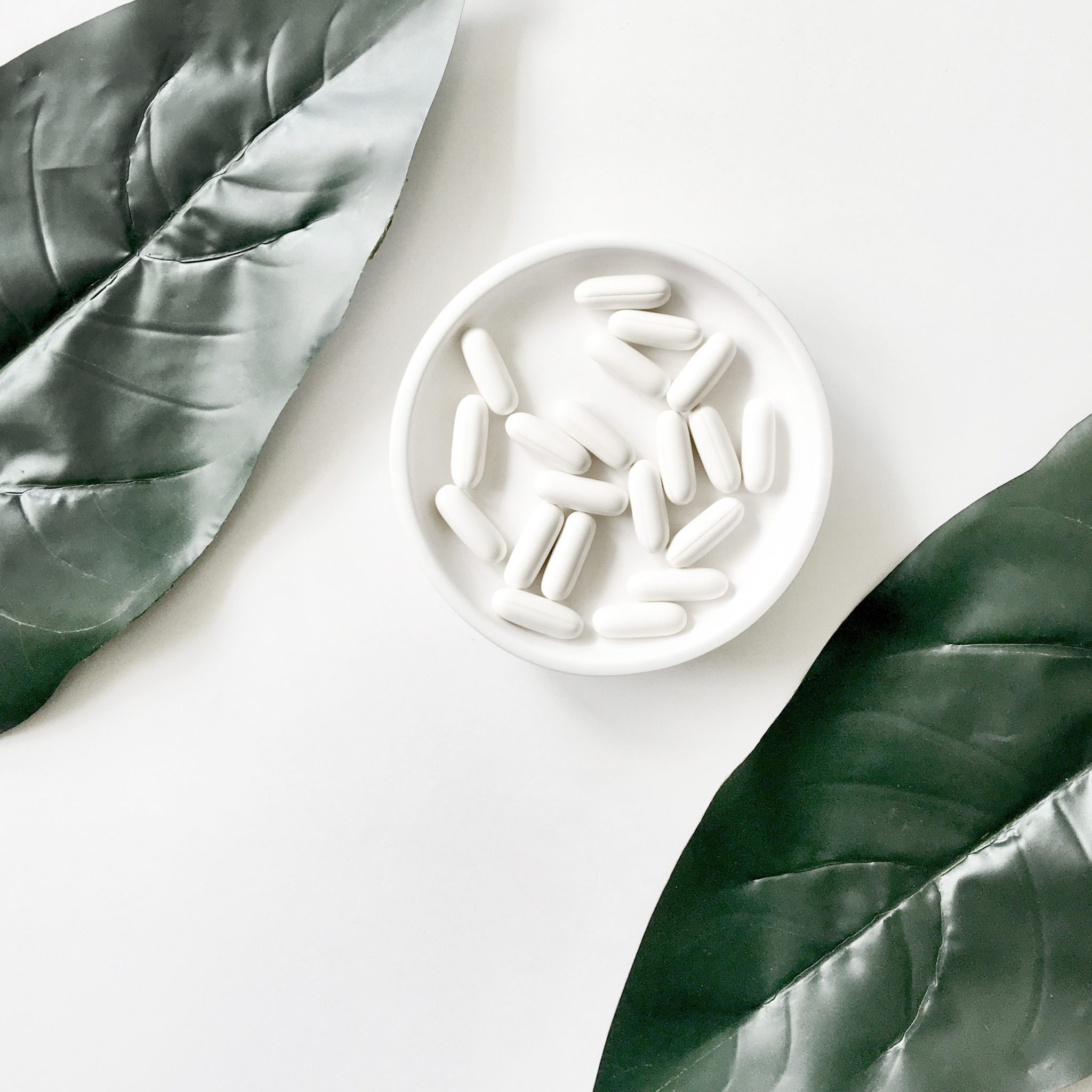
Are Probiotics Regulated?
Probiotics are available over the counter, either isolated or mixed in with other products, such as in infant formula. One of the main worries with probiotic use, brought up in various research papers, is that probiotics are considered a “dietary supplement” and not a drug. This means that in some countries, the regulation of probiotics may be inadequate, especially when probiotics are recommended for serious conditions or to vulnerable populations, such as infants and children.
However, in Canada, all natural health products (NHPs), which includes probiotics, are subject to Natural Health Product Regulations. For probiotics to be sold in Canada, they must have a product license. This entails Health Canada reviewing medicinal ingredients, source, dose, potency, non-medical ingredients and recommended uses. Once Health Canada has assessed the probiotic and decided that it is safe, effective and of high quality, it will be given a Natural Product Number (NPN) which can be found on the product label. When choosing a probiotic, look out for the NPN number to know if a product has been assessed by Health Canada.
Research shows that there is a concern about the possible contamination of probiotics with organisms not advertised on the package. One American study published in 2016 found that of the 16 probiotic products they evaluated, only one of the probiotics perfectly matched the label claims. As well, the study found a lot of pill-to-pill and lot-to-lot variation in the probiotic products. Having said that, there are a lot of well-trusted probiotic products on the market, so always speak to your paediatrician before starting your child on a probiotic regime.
How are probiotics for kids and babies given?
Older children and adults typically consume probiotic supplements through capsules. For infants, however, probiotics can be found in infant formulas, food products, supplement powders and liquid drops. For slightly older children, probiotics are also available in lozenges and chewable tablets.
Probiotics in Food
Some foods like kefir, sauerkraut, kimchi, tempeh, miso and probiotic enriched yogurt contain probiotics, both naturally and supplemented. While the probiotic load in food is not nearly as significant as in a supplement, there are a lot of added benefits to eating probiotic-rich foods over taking a supplement, as many of these foods are also rich in vitamins and nutrition. Consider introducing probiotic-rich foods into your baby’s diet after 6 months in lieu of or in conjunction with probiotic supplements.
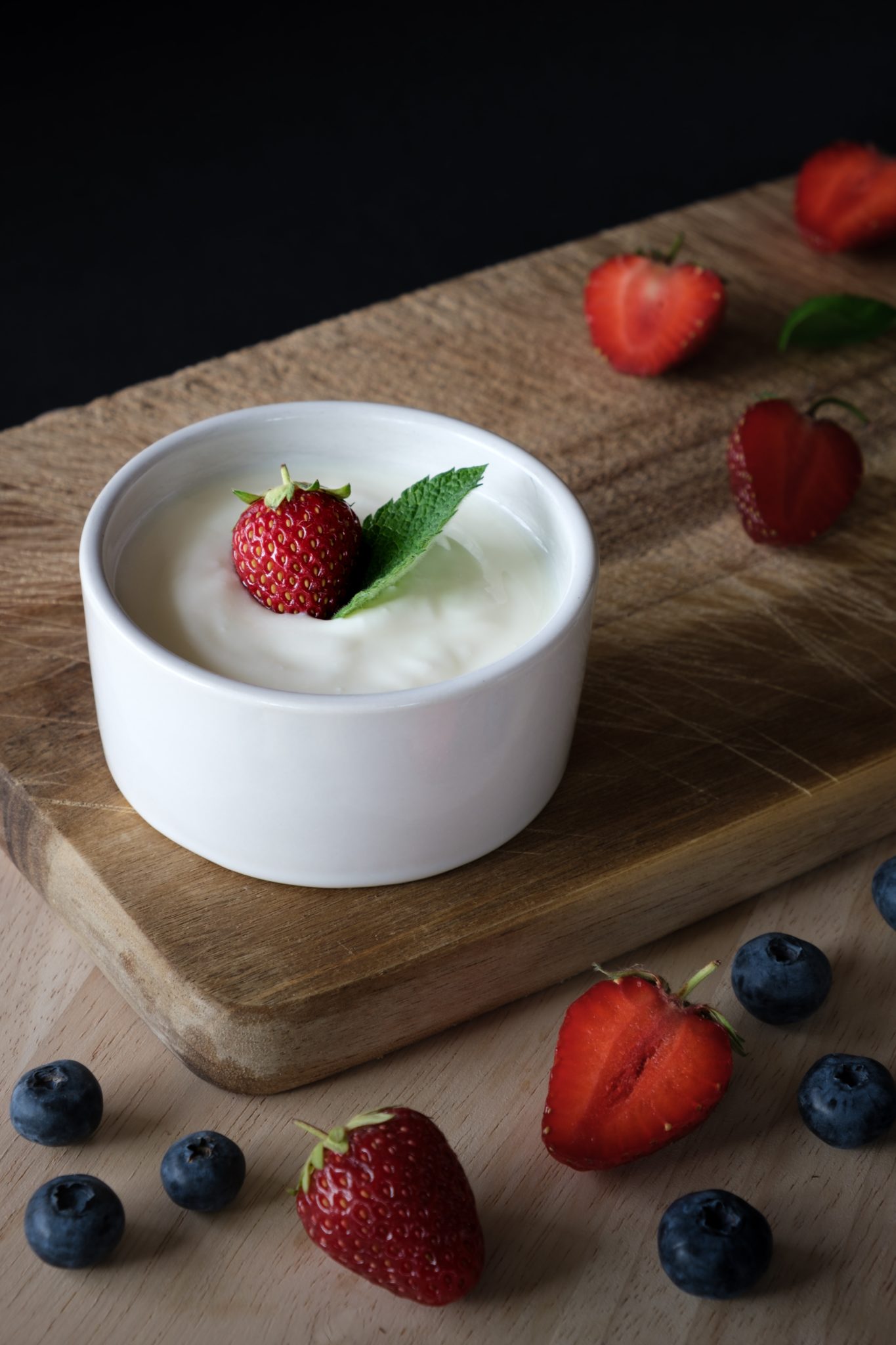
Bottom line on the safety and use of probiotics for kids and infants
The emerging research on probiotics for infants and kids is promising for a wide range of paediatric ailments including. Like many supplements, however, there are concerns with the regulation of probiotics. So if your child is suffering from one of the conditions purported to be improved by probiotics, always speak to your paediatrician about the best strain and dose for your child.
Have you tried probiotics for kids in your family? Did you find it helped with any of the ailments we discussed? Leave me a comment below with your thoughts!
Contribution by Christine Jauernig
If you liked this post on probiotics for kids you may also like:
- WHAT DOES THE SCIENCE SAY ABOUT GUT HEALTH?
- CAN I GET ENOUGH PROBIOTICS FROM YOGURT OR SHOULD I TAKE A PROBIOTIC SUPPLEMENT?
- BENEFITS OF PROBIOTICS & BEST FERMENTED FOODS RECIPES
Updated on May 12th, 2022

Abbey Sharp is a Registered Dietitian (RD), regulated by the Ontario College of Dietitians. She is a mom, YouTuber, Blogger, award winning cookbook author, media coach specializing in food and nutrition influencers, and a frequent contributor to national publications like Healthline and on national broadcast TV shows.
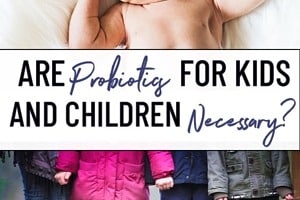
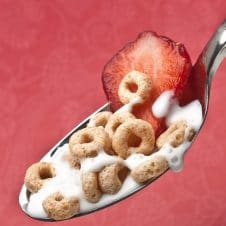

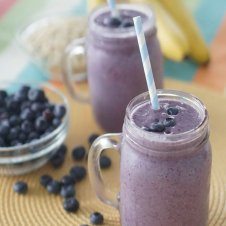

Hannah says
Thank you so much for your advice! ?
Abbey Sharp says
Hi Hannah. My pleasure! 🙂
Hannah McCulloch says
HELP!
My 8 month old gets recurrent oral thrush (has had it 7 times in her short life) almost once a month. I do everything I know to prevent it – probiotics for me (she is breastfed) and have just started them for her in her solids. Do you have any other tips/tricks/recommendations or blw friendly foods/recipes for upping her intake of good bacteria??? I was told it was because I must be eating too much sugar? And have read it can be developmental? A pharmacist told me to get her immunity checked but the doctor says that’s not a thing? Should I see a paediatrician?
I also just wanted to say I use your blog as my blw Bible so thank you so so much because it’s saved me, as a very concerned mother, from drowning in the sea of misinformation! ?
❤️ Hannah (Australia)
Abbey Sharp says
aw im so glad its been helpful. i would definitely check in with your pediatrician. She/ he may also recommend an antifungal med or probiotic for babe. Naturally there is some evidence for coconut oil, but do check with your doctor before you try ANYTHING. May also want to watch the sugar in your own diet. There isn’t a lot of research on this, but if you find yourself eatign a LOT of sugar, it may help your thrush and therefore babes.
du lịch quanh hà nội 1 ngày says
You need to be a part of a contest for one of the greatest
blogs on the net. I most certainly will highly recommend this
blog!
Abbey Sharp says
haha amazing! Thank you 🙂
Jules says
This is so good! Thank you. Pinning 😀
Sue says
Yes biogaia since my baby was born and she had 1-2 episodes of colic and never had reflux. If it was bc of the probiotics or not we will never know. Great article- thank you!!!
Abbey Sharp says
so glad its been helpful!